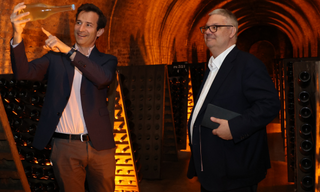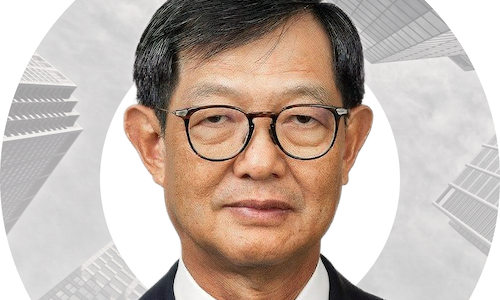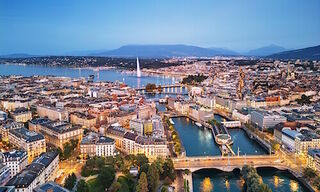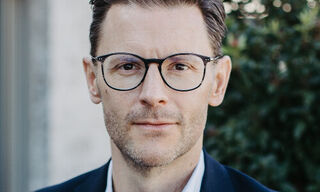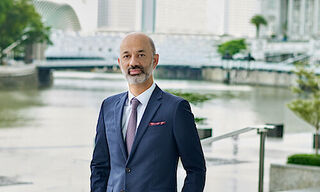Virtue-signaling as a means to further progress in sustainability is no longer viable, according to Lombard Odier Investment Managers’ Thomas Höhne-Sparborth, who noted that related billboards have largely vanished from the streets of Davos.
From January 15 to 19, the World Economic Forum (WEF) hosted its 54th annual meeting in Davos, Switzerland. According to Lombard Odier Investment Managers head of sustainability research Thomas Höhne-Sparborth, the streets of the Swiss mountain town have a markedly different look that may be indicative of recent developments.
«On the Promenade, a central road running through Davos, the sustainability billboards have largely disappeared,» Höhne-Sparborth told finews.asia. «Instead, discussion on how to tackle transitions to net zero and, increasingly, a nature-positive economy, have moved from the billboards to the panel discussions and the fireside encounters.»
Long-Term Risk Unchanged
According to a WEF survey on global risks, short-term concerns have shifted from cost of living last year to «misinformation and disinformation» in 2024, followed by «societal polarization». But the 10-year outlook remains unchanged with nature risks ranked at the top.
«Extreme weather events, critical changes to Earth systems, biodiversity loss top the list of concerns. And with good reason. Last year was, once again, the warmest year on record,» Höhne-Sparborth explained.
Emerging Solutions
There are various examples of progress. Shortly before Davos, the Taskforce on Nature-related Financial Disclosures announced that 320 businesses had signed up to its framework which aims to drive disclosure of nature risks and opportunities. In roundtables, financial institutions are also rethinking asset allocation with nature emerging as a new asset class.
«Virtue signaling is no longer the name of the game,» said Höhne-Sparborth. «A lone billboard that still declares 'sustainability is just a few steps away!' feels eerily out of place – inside the improvised meeting rooms that transform a skiing village into a meeting place for the global who’s who, it is all too clear that these transitions will be far from easy, but may allow those with the right strategy to leapfrog forward.»
Investor Takeaways
Höhne-Sparborth notes that there are ample takeaways for investors. This includes faster decarbonization of the economy, increased investments in new energy systems and transformation of value chains, all being accelerated by new solutions enabled by artificial intelligence.
«The transition is in motion and investors on board the Davos trains appear to be on board,» he added.














